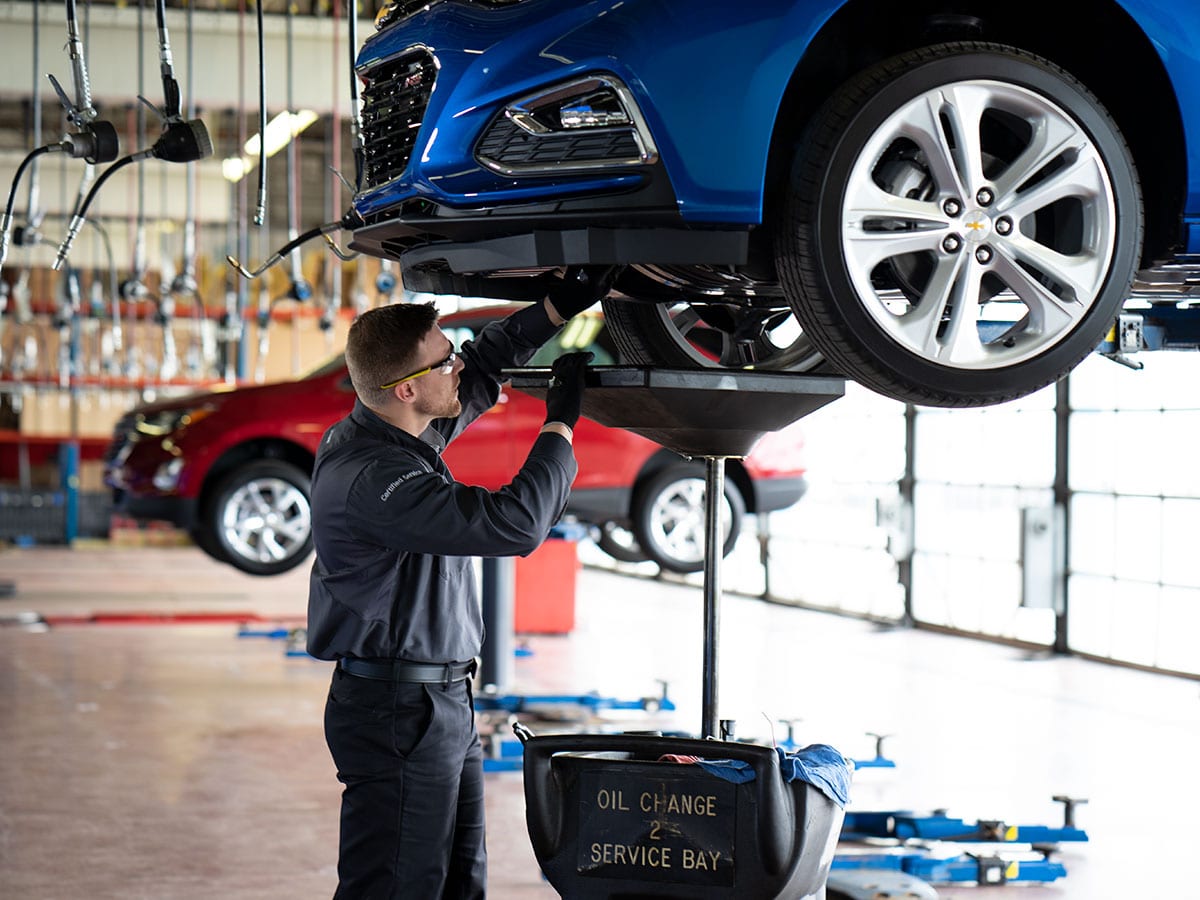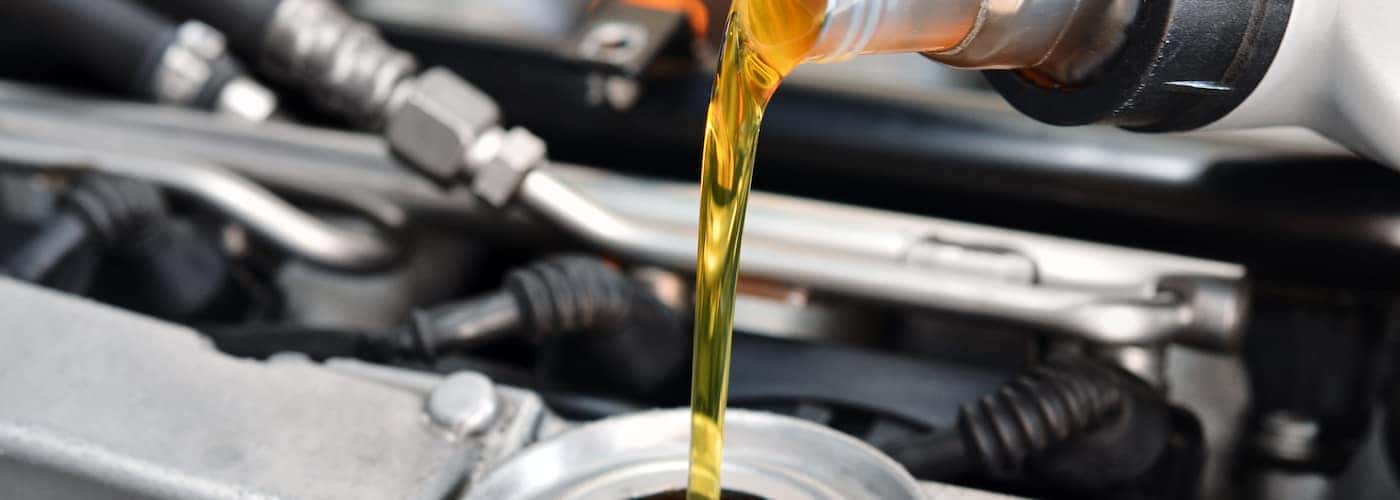How an Oil Modification Improves Fuel Performance and Protects Your Auto
Routine oil adjustments are a vital aspect of vehicle maintenance that can dramatically enhance fuel efficiency and guard engine honesty. By changing old, contaminated oil with high-grade options, friction among engine components is lessened, leading to enhanced functional performance and gas consumption. In addition, this practice assists remove hazardous deposits that add to engine wear over time. Recognizing the elaborate connection in between oil quality and automobile performance reveals not only the instant advantages however also the lasting implications for your cars and truck's life-span. The question continues to be: what specific signs should you understand to determine when an oil adjustment is needed?
Value of Regular Oil Modifications
Routine oil modifications are vital for keeping the longevity and efficiency of any type of automobile. Engine oil acts as a critical lubricant, lowering friction in between moving parts and protecting against excessive wear. Gradually, oil degrades as a result of exposure to warm, dampness, and contaminants, which endangers its capability to protect the engine. Disregarding oil changes can result in a host of problems, including engine getting too hot, decreased fuel efficiency, and ultimately, costly repair work.
Additionally, routine oil changes add to optimum engine performance. Fresh oil guarantees that the engine runs efficiently, enabling for far better acceleration and responsiveness.
Just How Oil Quality Impacts Efficiency
Just how does oil high quality influence the overall performance of an engine? The top quality of engine oil plays a vital duty in maintaining optimal engine function.
In addition, top quality oil contains ingredients that improve its efficiency under differing conditions. These additives can consist of detergents, which assist to tidy engine components and stop sludge build-up, and anti-wear representatives, which secure important surfaces throughout high-stress situations. The thickness of the oil is likewise essential; it should continue to be steady across a variety of temperatures to ensure appropriate circulation and lubrication.
Utilizing substandard or abject oil can lead to reduced efficiency, resulting in increased engine wear and prospective getting too hot. Frequently examining and changing the oil according to maker specifications ensures that the engine runs at its best, protecting your financial investment in your vehicle.

Influence On Gas Efficiency
High-quality engine oil facilitates smoother engine procedure by minimizing rubbing in between moving components. When the engine oil is fresh and of premium high quality, it maintains optimal viscosity, making certain that the oil streams properly and reaches all essential parts.
Alternatively, weakened or low-grade oil can develop boosted friction and resistance within the engine. This not only hinders efficiency however likewise requires the engine to function harder, resulting in higher gas intake. Regular oil modifications help keep the oil's honesty, ensuring that it stays efficient in lubricating engine components and stopping accumulation of unsafe deposits.

Preventing Engine Damage
Routine oil changes play an essential function in this preventive upkeep approach. Engine oil serves as a lube, minimizing rubbing in between relocating my explanation components, which helps to reduce wear.
When oil is not changed routinely, it can bring about increased rubbing, getting too hot, and ultimately, engine failing. Fresh oil, on the other hand, includes ingredients that secure engine parts from corrosion and wear, making certain smoother operation.
Along with the high quality of oil, complying with the maker's advised oil modification intervals is essential. These intervals are created to straighten with the car's specific requirements based on driving habits and problems. Motorists need to likewise know variables that may speed up engine wear, such as extreme temperatures, towing, and stop-and-go traffic. By prioritizing routine oil changes, car proprietors can dramatically lower the threat of engine wear, improve performance, and ultimately reduce costly repair work, therefore preserving the car's worth in time.
Indicators Your Oil Demands Transforming
Regular oil adjustments are not just important for avoiding engine wear but also for identifying when your oil calls for substitute. Several indicators suggest that it might be time for an oil adjustment, and being cautious concerning these can assist keep your lorry's efficiency.

One of the most usual indicators is the oil modification light on your dashboard. Oil Change Lockhart. If this light brightens, it is a punctual to inspect your oil levels and take into consideration a change. Furthermore, if you see a dark, gritty texture when examining the oil on the dipstick, his response it suggests that the oil has come to be contaminated and is much less reliable in oiling the engine elements
Unusual engine noises, such as knocking or ticking, may additionally indicate that the oil is failing to perform its obligations, potentially resulting in major engine damage. Last but not least, if you detect a burning oil smell or see oil places under your lorry, these could suggest leakages or too much consumption, requiring a prompt oil adjustment.

Final Thought
In verdict, regular oil changes are important for maintaining optimal car performance and enhancing gas effectiveness. Using top notch, fresh oil reduces rubbing amongst engine elements, lowering energy loss and advertising smoother procedure. Furthermore, prompt oil modifications stop the you can try these out buildup of unsafe impurities that contribute to engine wear and getting too hot. Complying with manufacturer-recommended periods not only expands the life expectancy of the lorry yet likewise maintains its total worth, emphasizing the value of routine maintenance.